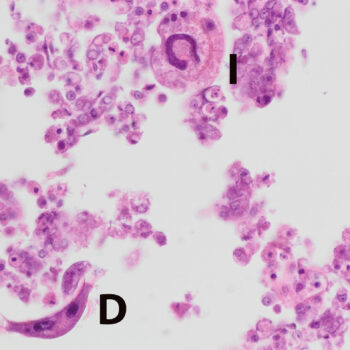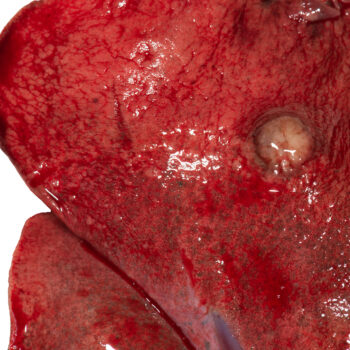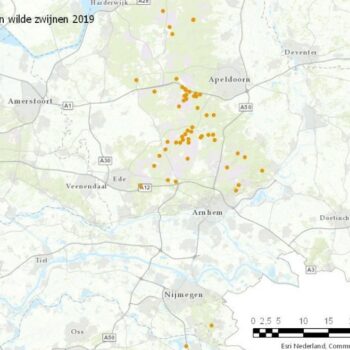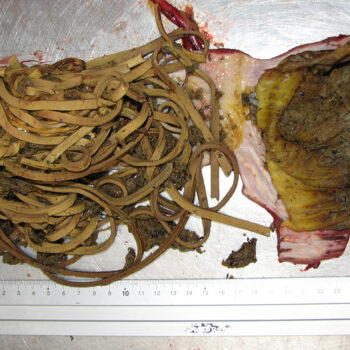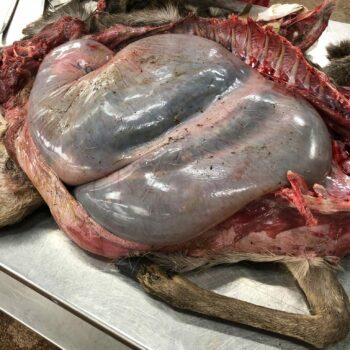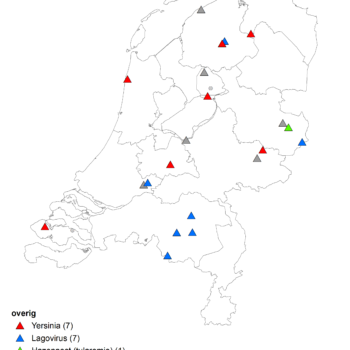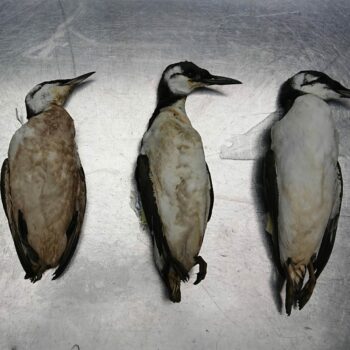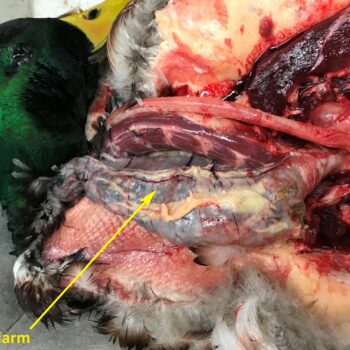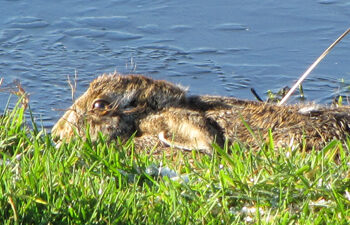Common carp with inflamed gills
In May 2019 several dead Common carp (Cyprinus carpio) were found in an old underwater sandpit situated in Haaren, province of North-Brabant. In previous years only one or two dead carp were found in this time of year, but this year more common carp were found dead over a short periode of time.
Read more



